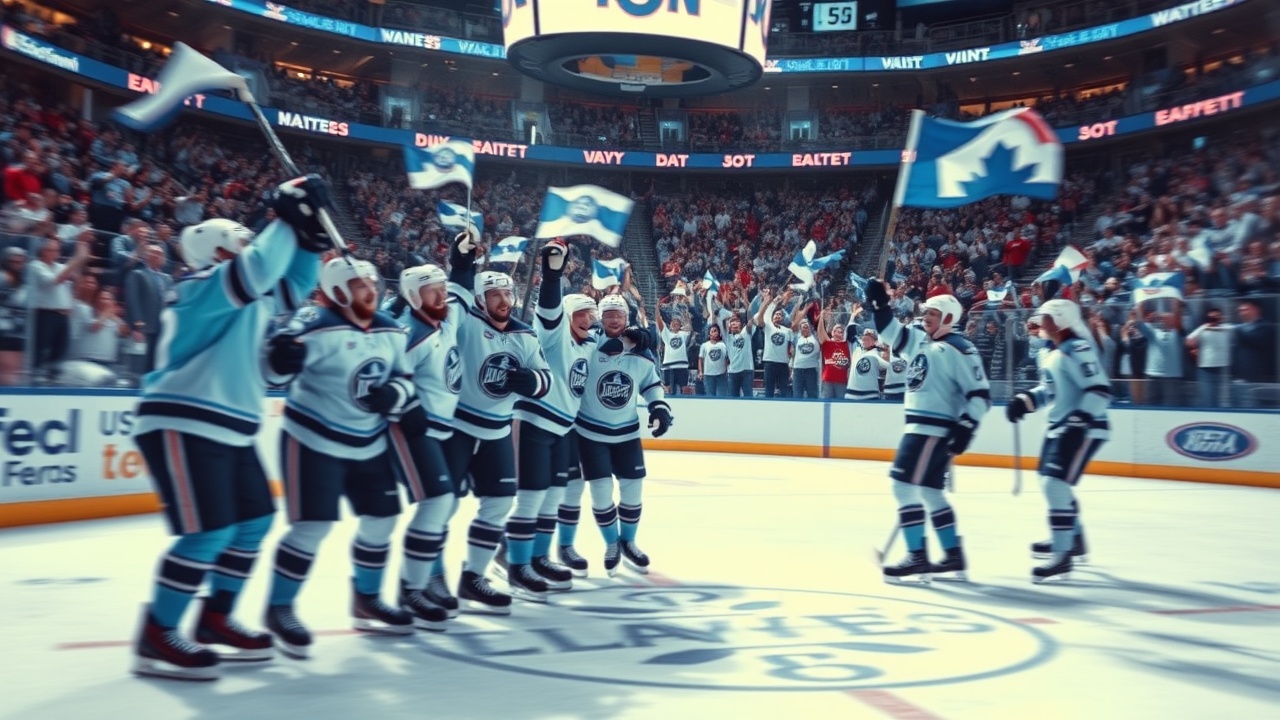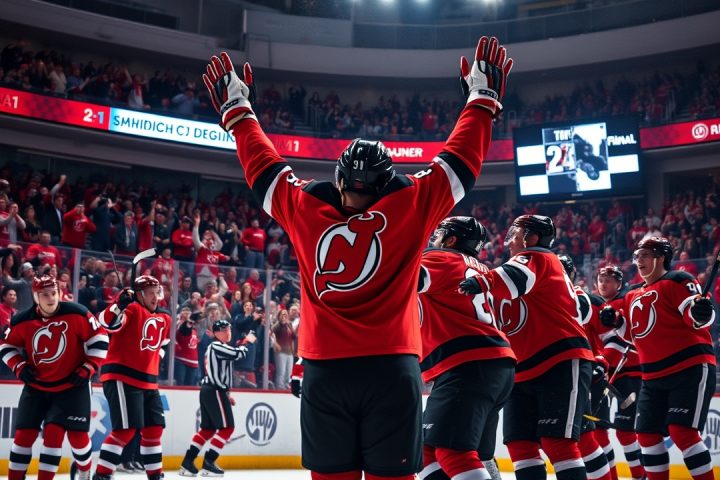The Quest for Success in the NHL
The quest for success in the NHL is unique for every team, dictated by distinct roster makeups, playing philosophies, and leadership styles. While it’s impossible to replicate the winning formula of a championship squad, franchises can certainly glean insights from the best in the league. This playoff season, the Dallas Stars, Carolina Hurricanes, Florida Panthers, and Edmonton Oilers showcased their strengths and weaknesses, providing valuable lessons for the other 28 teams left out of the postseason.
Lessons from the Dallas Stars
Much scrutiny fell on Jamie Benn as the Dallas Stars faced their early exit. The captain’s playoff performance was underwhelming, contributing only one goal and a mere three points across 18 games. This sharp decline in production – down from 2.76 points per game last postseason – highlights a critical junction in Benn’s career, with his eight-year, $76 million contract set to expire this summer.
As the Stars reflect on their season, team management must consider whether Benn still has a viable role, especially as his contributions waned, evident in the statistics that showed Dallas’s struggling offense during his ice time. The crucial decision looms: re-sign Benn at a projected $4.44 million or move in a new direction altogether, especially as the team has floundered in recent conference finals.
Insights from the Carolina Hurricanes
Further lessons can be drawn from the Hurricanes, known for their strong regular-season performance that often fizzles in the playoffs. Their systematic approach to play—characterized by aggressive forechecking and collective defensive capabilities—has proven advantageous against weaker teams but may lack the depth to contend against more talented opponents, such as the Panthers.
Carolina needs to bolster its lineup with additional high-impact players, including a true second-line center and top-tier defensemen, to complement franchise stars like Sebastian Aho and Andrei Svechnikov. Its current cap space presents an opportunity for the team to enhance its competitiveness this offseason.
The Resilience of the Edmonton Oilers
The Edmonton Oilers illustrate the transition from a troubling regular season to postseason prominence, demonstrating the unpredictable nature of hockey. Despite facing criticisms about their depth and defensive issues, they find themselves just three wins shy of the Stanley Cup, a testament to their resilience despite a shaky start.
The experience gained from their previous playoff struggles is evident as they improve with each round. With stars like Connor McDavid leading the charge, the Oilers demonstrated a balanced focus between intensity and emotional steadiness, allowing them to navigate high-pressure moments more effectively than in past seasons.
The Florida Panthers’ Strategic Roster Building
Meanwhile, the Florida Panthers have built a formidable roster through calculated risk-taking, acquiring elite players to supplement their emerging talent. This strategy has cultivated a franchise capable of vying for the championship every year. The Panthers’ commitment to refining their playing style and embracing a rugged, aggressive game in the playoffs has resulted in significant success.
However, the long-term implications of their short-term investment in star players could threaten their future competitiveness as the core ages.
Conclusion
For the other NHL teams, these insights from the final four provide critical learning opportunities. Whether analyzing the potential pitfalls of aging stars, the importance of depth and high-end talent, or the balance between system and individual skills, there are valuable lessons to be applied as they look toward the next season. As they watch the remaining competition, the potential for growth and improvement looms large for those on the outside looking in.




